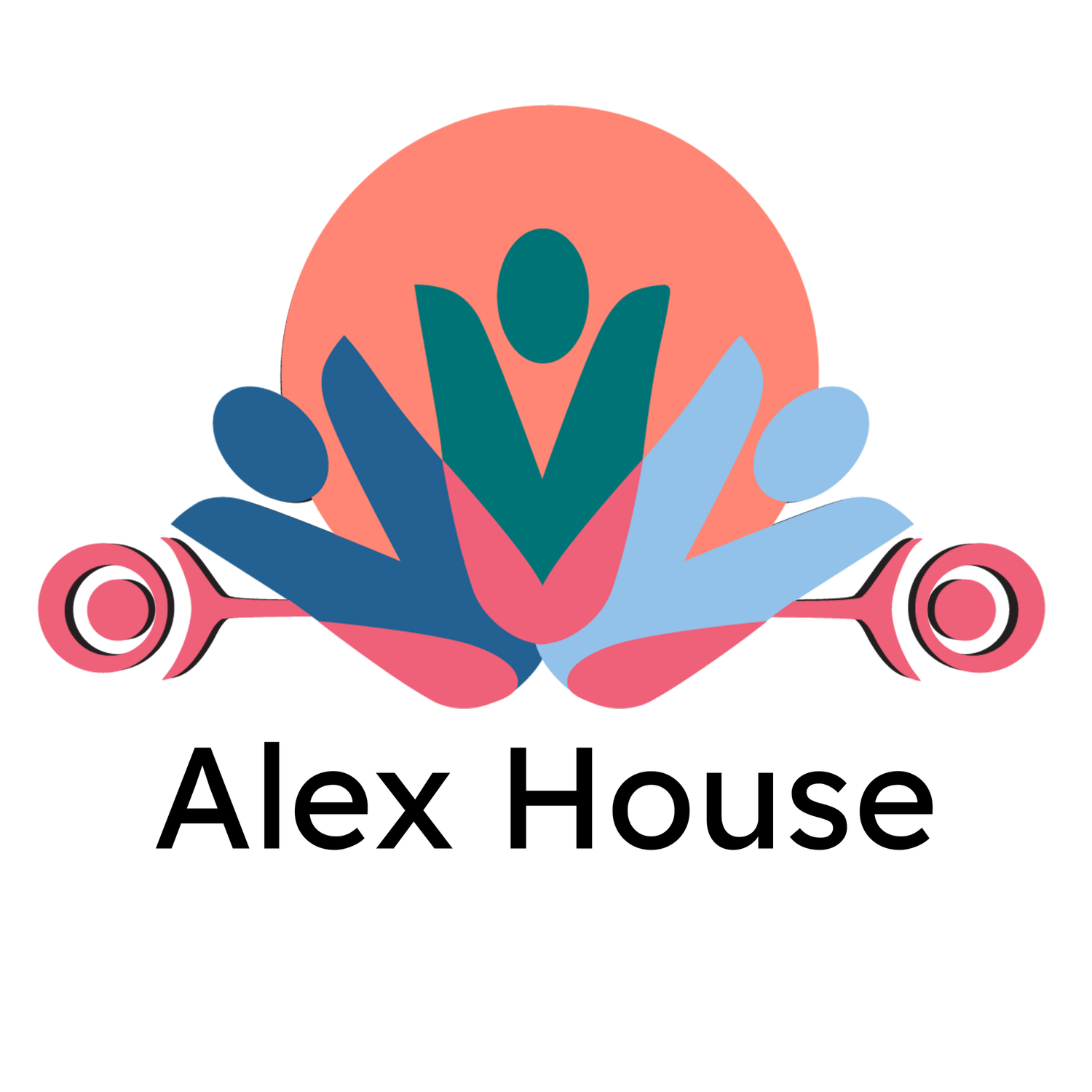Orange Shirt Day and National Day for Truth & Reconciliation: September 30, 2023
Our learning...
September 30th was declared Orange Shirt Day, in recognition of the harm the residential school system did to Indigenous people, the name stemming from Phyllis Jack Webstad’s story of choosing a bright orange shirt to begin what she had imagined at 6 years old would be an exciting time at school. Her orange shirt, and all of her clothes, were taken from her the moment she arrived at the Mission school, where she was stripped of her belongings and her identity. As a contemporary society we have been awakened to the atrocities that occurred to Indigenous children and families, with the recovery of the bodies of Indigenous children. A shameful blemish on Canadian history.
To feel the discomfort of this history does not remedy what occurred, but it can activate us to make choices that will lead to Truth & Reconciliation with Indigenous people. It doesn’t mean waking up and pretending these atrocities did not occur, in fact it means we must sit in the discomfort of our shared history, and choose to do things differently.
Alex House, as an organization that has existed locally since 1916, and as a broader organization of the Association of Neighbourhood Houses of BC since 1894. As an organization that contributed to the child welfare policies of the early 1900’s we were unwitting contributors to the development of Residential Schools. It is important to note that any service organization existing at that time would have been contributors. And while we can attempt to justify or make excuses the facts remain. The truth remains.
In the 2007 book – People, Politics, and Child Welfare in British Columbia edited by Leslie T. Foster and Brian Wharf, and specifically the article ‘Rethinking Child Welfare Reform’ by Marilyn Callahan and Christopher Walmsley, we learn that early 1900 policies related to child welfare reform in British Columbia reinforced economic and racial stereotypes and biases contributing to the future impacts of those policies on Indigenous children and families. Our roots as neighbourhood houses are based in the settler movement, the precursor to contemporary social work, a movement of well-intended, yet mis-guided, settler women seeing the need for a different approach to responding to economic disparities, and to relieve poverty. While they were creating a place for themselves in a patriarchal world in London, in the colonized world they did so without fully understanding the potential impacts of their approach on Indigenous people, and the host nations.
Because of this complex history we committed to understanding the truth of our early legacy, and sharing the truth of its impacts. Today we recognize the sovereignty of Indigenous Nations, and work to decolonize our approach in an effort to reduce the potential for future harm.
Today we are continuing to learn, and most recently our team gathered with Len Pierre, ‘…is Coast Salish from Katzie (kate-zee) First Nation. Len is an educator, consultant, TEDx Speaker, social activist, traditional knowledge keeper, and cultural practitioner.’ https://www.lenpierreconsulting.com. Len shared with us the Circle of Solidarity and the 7 Sacred Teachings also know as the Grandfather teachings, of Turtle Island, what is colonially known as North America.
The 7 Sacred Teachings –
● WISDOM -knowing you come from strength and resilience
● LOVE - love liberates, being of service, filling your cup
● BRAVERY -ask for help, it’s ok to be vulnerable, sit and be
● RESPECT - respect for mind, body, and spirit
● HONESTY -acceptance, you are not your thoughts, less control
● HUMILITY -surrender, gratitude, you are not alone
● TRUTH -ancestral knowledge, is felt, aligns us with our spirit.
Our team has embraced these teachings, and are exploring ways to integrate them into their day to day work, with each other, and with community.
Decolonizing one’s approach doesn’t mean having to change your own belief systems, but rather to make room for the teachings of the people whose stolen land we live on.
We encourage you to learn alongside us, as we begin to learn about the principles of Land Back, and how we as individuals and non-governmental organizations can engage in this work.
While we do not know where this work will lead, we know that it is an important conversation to be engaging in with Indigenous people and our local community. There is a good video here - https://youtu.be/pGscdzV6SfY with Professor Pamela Palmater, Chair in Indigenous Governance at Toronto Metropolitan University (a university that recently changed its name from the name of a colonizer, reconciliation in action) and Riley Yesno, a research fellow at Yellowhead Institute, a groundbreaking organization leading this work - https://redpaper.yellowheadinstitute.org/community-tools-resources.
In the coming weeks we will be releasing our new look, seen in our logo above, created by Nahanee Creative’s Ta7talíya-men Paisley Nahanee. We are grateful for their work with us, helping to ground us in an aspirational approach that reflects our work in community, while paying tribute to the Coast Salish people, and honouring the people whose stolen land we have benefited from for over 100 years.
Here are some more resources to help shape your own learning journey –
Local First Nations –
Semiahmoo Nation website and video - https://www.semiahmoofirstnati...
q̓ic̓əy̓ (Katzie) qʼʷa:n̓ƛʼən̓ https://www.katzie.ca/
qʼʷa:n̓ƛʼən̓ https://www.kwantlenfn.ca/
Nahanee Creative – learning tools on demand https://www.nahaneecreative.com/
Orange Shirt Day – Phyllis Jack Webstad’s Story - https://www.orangeshirtday.org/phyllis-story.html
Eddy Charlie – a friend of Gordon Neighbourhood House, Eddy is a Residential School Survivor and Victoria Orange Shirt Day Founder (alongside Kristin Spray) - https://victoriaorangeshirtday...
Learn more about the land you live on and benefit from –
Whose Land - https://www.whose.land/en/
Native Land - https://native-land.ca/
Land Back from a youth driven lens –
4 R’s Youth Movement - https://4rsyouth.ca/land-back-...

